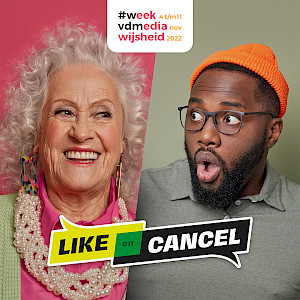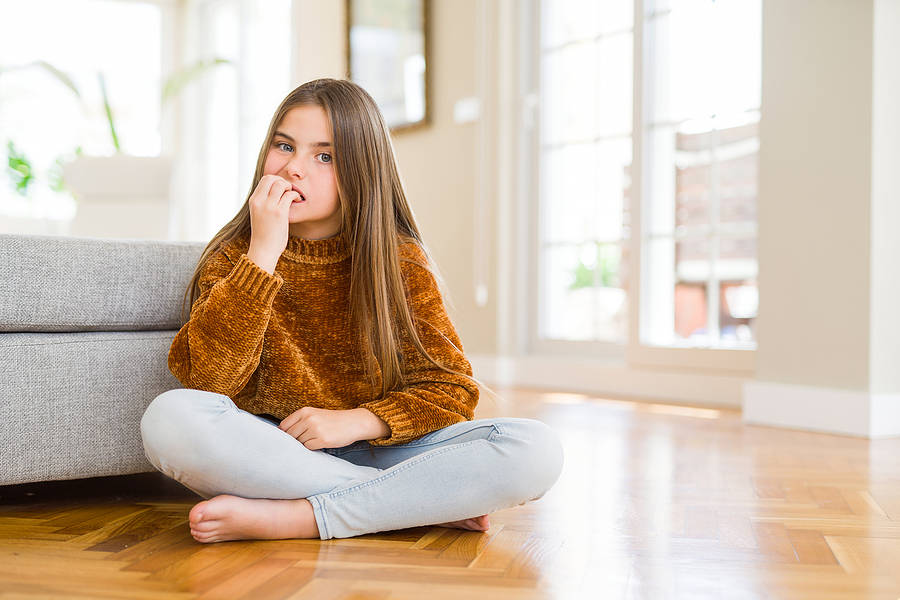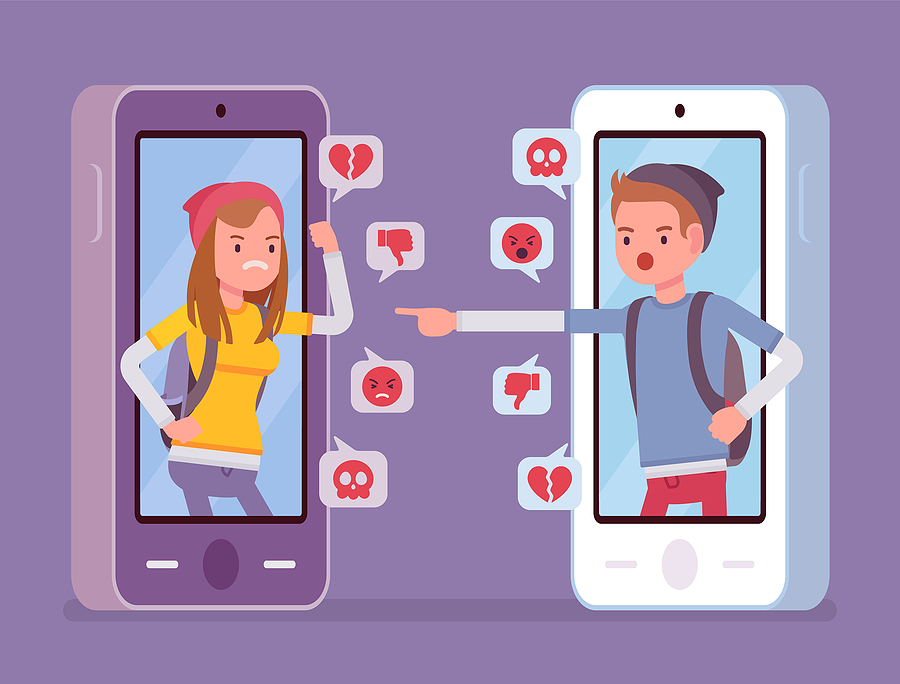Online hurtful behaviour is increasingly common. It not only affects Dutch celebrities such as politicians but also occurs among young people. Standing up (online) for victims does not always happen, according to research by Esther Rozendaal and Chiara de Jong. Their research findings followed from a survey study and a unique collaboration with a theatre company. The research was commissioned by Netwerk Mediawijsheid and took centre stage last week during the Week of Media Literacy. This week, themed 'Like and Cancel', called attention to encouraging online prosocial behaviour.
Bystanders can help victims
"We know from previous polls that almost two-thirds of all Dutch people have experienced racism, shaming or exclusion via social media at some point. With our survey, we wanted to look at the positive role bystanders can play. For example, they can speak out and thus support the victim," Chiara says. We used a survey and an observational study during the interactive theatre performance Block or Bless developed by Theatre Heart to investigate how to promote prosocial behaviour online.
Researchers observe behaviour during performance
Six different lower secondary school classes saw the theatre performance. During the performance, children could use green or red cards to give their reactions to scenes featuring actors playing influencers. Real online hate reactions were also read out loud to the audience. The agreement was that if 10 out of 80 children raised a red card because the reaction went too far, the reading out stopped. By observing the behaviour and reactions of the audience during the performance, researchers gained insight into how pupils view offensive behaviour online and what encourages or deters them from acting as an 'upstander' against the offensive behaviour. Researcher Esther Rozendaal sat in the room to observe the reactions: "We saw that one of the main barriers to taking action is the fear of becoming a victim herself. Even if children think certain things go too far, the fear of getting nasty reactions themselves is greater. They prefer to remain silent rather than speak out against it."
Making the online world a little more social
The online survey and qualitative research results show that prosocial behaviour can be encouraged. "We hope that the findings of this research will be used by policymakers and media literacy professionals to develop effective campaigns and interventions that can make the online world a little more social." said Rozendaal.




